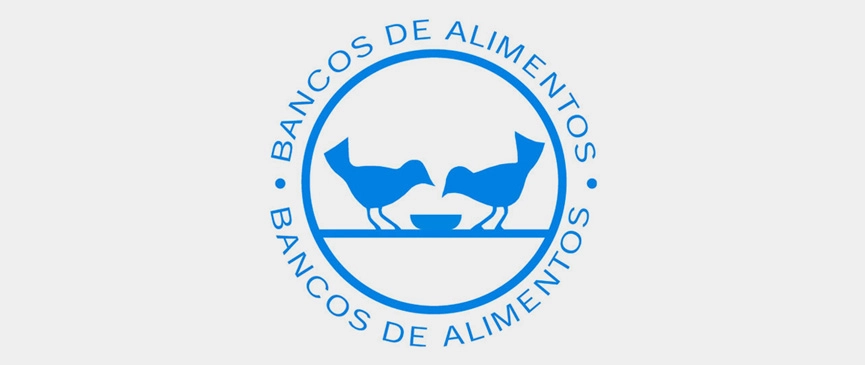Main content
Spanish Federation of Food Banks Prince of Asturias Award for Concord 2012

Forming part of the European Federation of Food Banks, which brings together a total of 204 banks from 21 countries, the Spanish Federation of Food Banks (FESBAL) was established in 1996 to coordinate the activities of these non-profit charities existing throughout the country. The European Union covers the cost of approximately half of the food distributed through this organisation in Spain. The Spanish Federation belongs to the European Commission's Expert Committee on Agriculture.
The first food bank in Spain was that of Barcelona, established in 1987, an initiative that quickly spread throughout the country. There are at present a total of 56 food banks with a presence in all provinces.
The main objective of these organisations is the recovery of food surpluses and their redistribution to the needy, avoiding waste or misuse. Food banks do not distribute directly to individuals, but do so through care and social welfare institutions recognized by government that are in direct contact with the needy. Their activity is based on the following principles: the primacy of the service being free of charge (food is received and distributed free of charge and the work of volunteers is unpaid), the assurance of fair distribution (through legally recognized charitable organisations), the promotion of solidarity and social cohesion (through aid to people with an urgent need for food), absolute professionalism and transparent administration subject to legal controls, and the contribution to sustainability and environmental protection (avoiding the pollutant procedures resulting from the destruction of food).
The Spanish Federation is responsible for coordinating the activities of all the banks and for facilitating relations with Spanish and international government agencies, and with other non-profit entities and businesses that make food surpluses available. It also manages public and private aid aimed at providing stores with the necessary technical equipment and addressing financial operating requirements. The banks are organised in areas of supply -collecting food through companies, campaigns or festivals-, distribution -allocating amounts and types of food to charitable organisations-, stock management -food reception, storage and preparation of orders- and administration. The volunteer staff of the food banks is generally made up of retired professionals or those who have taken early retirement who carry out the work of management, accounting, storage, transportation and provisioning, as well as others who provide legal support and public relations services. The banks forming part of the Federation receive donations of products and material contributions from over 3,000 companies and institutions, logistics, transport and construction firms, financial institutions, foundations and media groups or organisations, as well as from private donors. In 2011, the Spanish food banks worked with 7,106 charities from all over Spain, distributing 104,000 tons of food and providing assistance to more than 1,300,000 people.
End of main content
